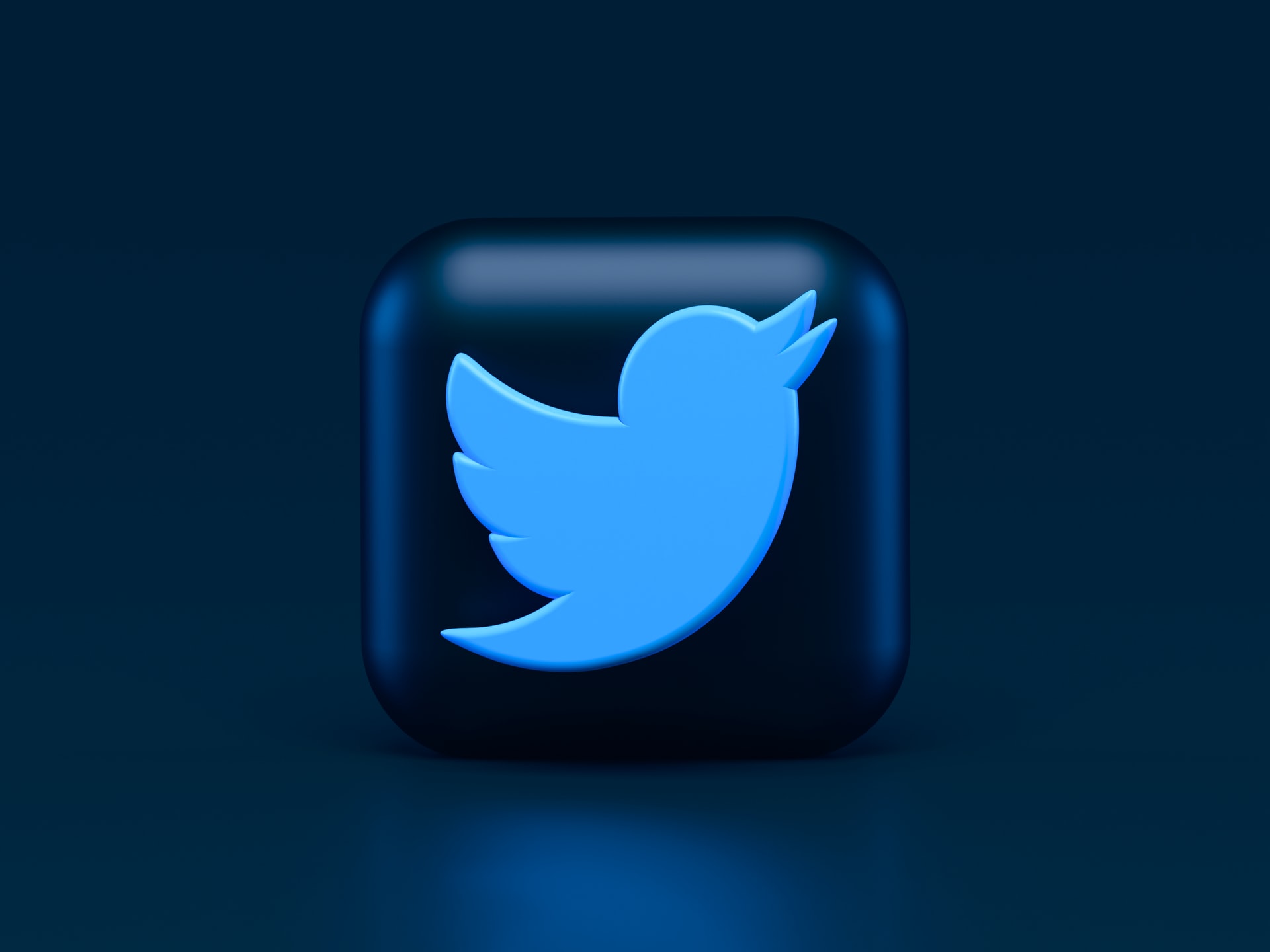
The definition of deplatforming, also known as non-platforming, is as follows: “it is an attempt to boycott a group or person by removing platforms (such as speaking venues or websites) used for the exchange of information or ideas.”
So these are actions designed to prevent someone holding views deemed unacceptable or offensive from being allowed to speak in a public forum.
With the events of 2020 and 2021 taking place during the race for the White House, it’s worth leaning into this notion. As we recall, Twitter removed statements made by then-President Donald Trump, and Parler, a platform well-known in right-wing circles (a Twitter alternative), was completely removed from Apple’s and Google’s app stores.
After being rejected by Amazon, Parler was denied service by six other hosting companies. Parler has since returned as a blog via the Epik domain and the Russian content delivery service DDos-Guard, but has not found a permanent hosting solution.
While these actions are not unprecedented, we are now seeing many similar situations, even a cascade of denials against “politically unwanted” content. Should deplatforming speech even occur? Do technology companies have the right to restrict free speech?
Like almost any new word, “deplatforming” is loaded with meaning, in this case historically. “Platform” means “platform,” and thus we have a platform with a lectern.
In the United States, the hallmarks of deplatforming on university campuses date back to the 1940s. The University of California instituted a policy known as Speaker Ban, codified in university bylaws under President Robert Gordon Sproul, directed primarily, but not exclusively, against communists. The rule stated that “the University had the right to prevent the use of its prestige by unqualified persons or by those who would use it as a propaganda platform.”
The principle was used in 1951 to block Max Shachtman, a socialist, from speaking at the University of California at Berkeley. However, it was not always used against communists (or socialists): in 1961, Malcolm X was banned from speaking at Berkeley as a religious leader, while Protestant evangelist Billy Graham spoke the following year.
It is worth recalling here that Malcolm X was a figure who played a huge role in the fight against apartheid and in the struggle for equality for black people. To this day, he is considered a prominent figure, and young African-Americans treat him as a cult figure. However, for those times – we are talking about the 1950s – the struggle for the civil rights of this social group was a controversial topic
Let’s recall the events of January 6, 2021. On that day, the counting of votes in the Electoral College was interrupted by a riot caused by supporters of President Donald Trump. The incident resulted in five deaths and hundreds of arrests. The validation of electoral votes was not completed until the early morning hours of January 7, 2021.
In the wake of the events, Twitter and Facebook deactivated the president’s personal accounts, arguing that his posts were false, misled people, and incited violence
Twitter and Facebook’s decisions to ban Donald Trump’s posts have sparked public debate and much controversy. Supporters of the decision believe that it can positively contribute to holding those spreading hate speech accountable and help stop future uprisings. On the other hand, critics fear that such bans set a dangerous precedent by allowing some large technology companies to become the arbiter of free speech.
Twitter CEO Jack Dorsey, while defending the blocking of Trump’s accounts, also admitted that it set a “dangerous precedent” and demonstrates the platform’s failure to encourage healthy debate.
I do not celebrate or feel pride in our having to ban @realDonaldTrump
from Twitter, or how we got here. After a clear warning we’d take this action, we made a decision with the best information we had based on threats to physical safety both on and off Twitter. Was this correct? – jack⚡️ (@jack) January 14, 2021
So it seems that both the arguments supporting and opposing the banning of Trump’s account on major social media platforms make sense. It is also worth mentioning that there has been a large migration of users from Twitter to other platforms such as Gab, Telegram and Parler, which assure users that no matter how extreme their views are, they will not be stifled.
Gab revealed that after Twitter blocked Trump, it gained more followers in two days than in its four years of existence. Even sites like Telegram and Rumble have seen an increase in users due to Parler being removed from the Apple store and Trump being blocked.
So will the suppression of conservative voices make them fewer and fewer? Hell no. As you can see, they congregate in one space, thus missing the opportunity to confront opinions with those of differing views. In the case described, the far right will not be able to confront their reasoning with the more liberal center and the left.
In an effort to ensure free speech, platforms such as Gab, Telegram, and Parler have inadvertently become hotbeds of extremist content. Voices removed from social media giants reinforce the narrative of being victims, further energizing the conservative base.
Main photo: Alexander Shatov/unsplash.com